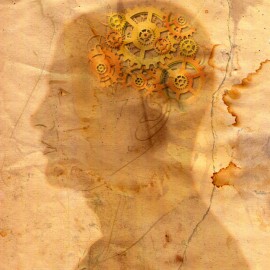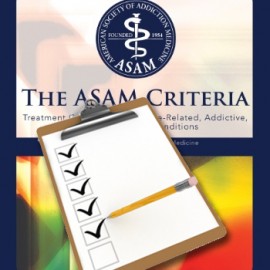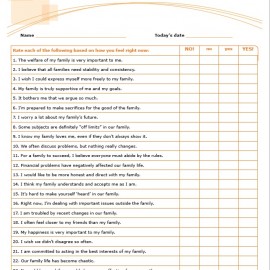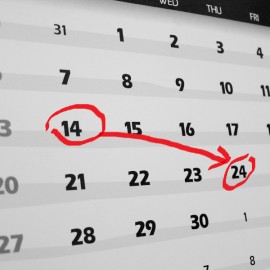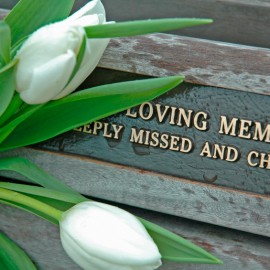Resources For
Nonbelievers Moral Inventory
Non-believers build moral codes without churches, because you don’t need to believe in a god(s) to know the difference between right and wrong.
Topics: 12Step, maintaining sobriety, Recovery Tools, Recovery Without God
Sober Again in Margaritaville
Living sober is a very special process. A process that you can easily let yourself get tired of, or one that can lift you higher than any beverage could.
Topics: maintaining sobriety, mindfulness, tools for recovery, triggers
…And Now I Know the Rest of the Story!
I had to think back to the retreat leaders I had experienced, and remember just how much they listened to me and offered prayers, not advice.
Topics: spirituality, tools for recovery
The Conditioning Trap
It’s not a mystery why so many addicts lapse in those initial months. That’s completely understandable. The important thing is that they climb back on the bike and ride on to success.
Topics: craving, early recovery, relapse, tobacco
Outpatient vs. Intensive Outpatient
The principle behind most ASAM-based systems is to treat clients at the “least restrictive” level at which they can benefit.
Topics: ASAM, assessment, diagnosis, types of treatment, utilization review
Family Inventory: Priorities and Values
By the time a client lands in treatment, it may be hard to tell whether their family relationships offer a potential asset or a problem set to address.
Topics: assessment, communication, family involvement, therapies and tools, treatment planning
Re-Engineering Recovery Tools
What’s likely to provide you with the best recovery guidance? There’s your ‘recovery guide’- maybe a better description for nonbelievers than “higher power.”
Topics: 12Step, Alcoholics Anonymous, maintaining sobriety, Recovery Without God
Acing the Continued Stay Review
Your goal is always to use the extra time to measurably increase the chances of a good outcome for that patient.
Topics: client census, clinical management, outcomes, utilization review
Believing in the Disease
There’s a big difference between “knowing” that something is a disease, and actually treating it as one.
Topics: disease, physical effects, recognizing addiction, signs and symptoms
The Grief Exception
Psychiatrists were encouraged to hold off on a diagnosis of depressive disorder until several months after such a loss.
Topics: depression, diagnosis, emotional issues, grief and loss

